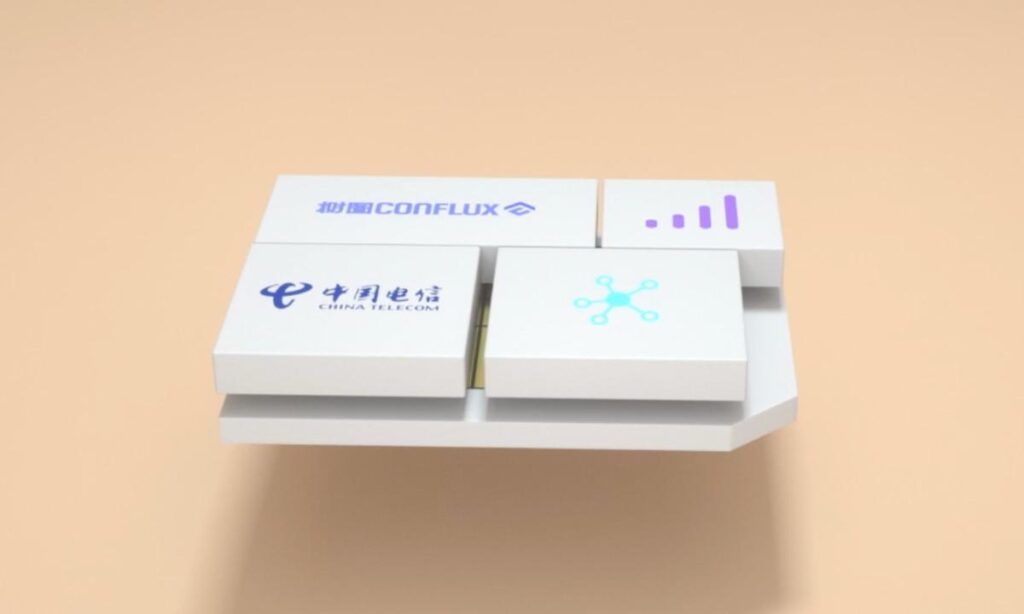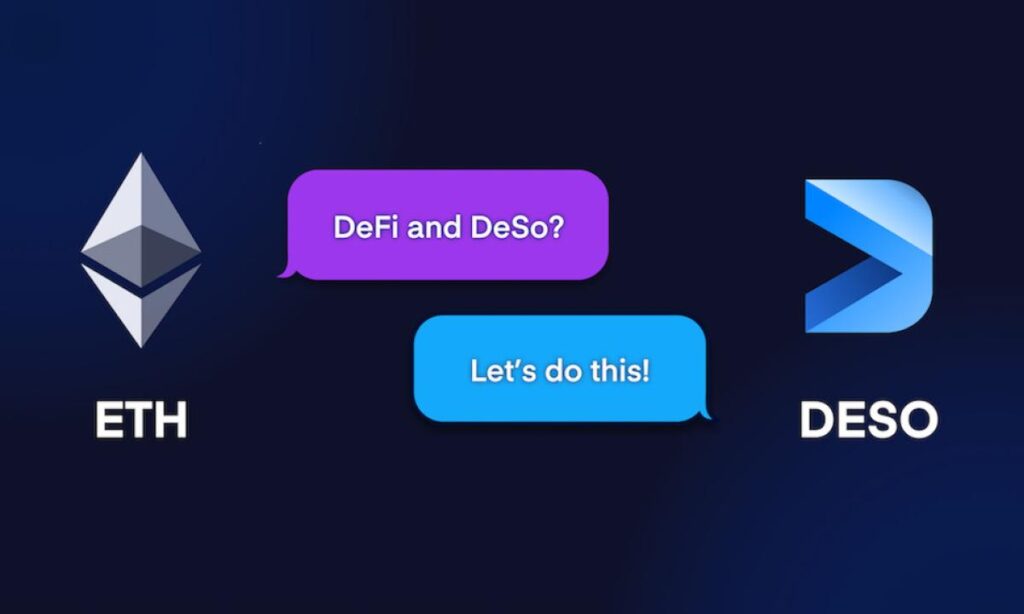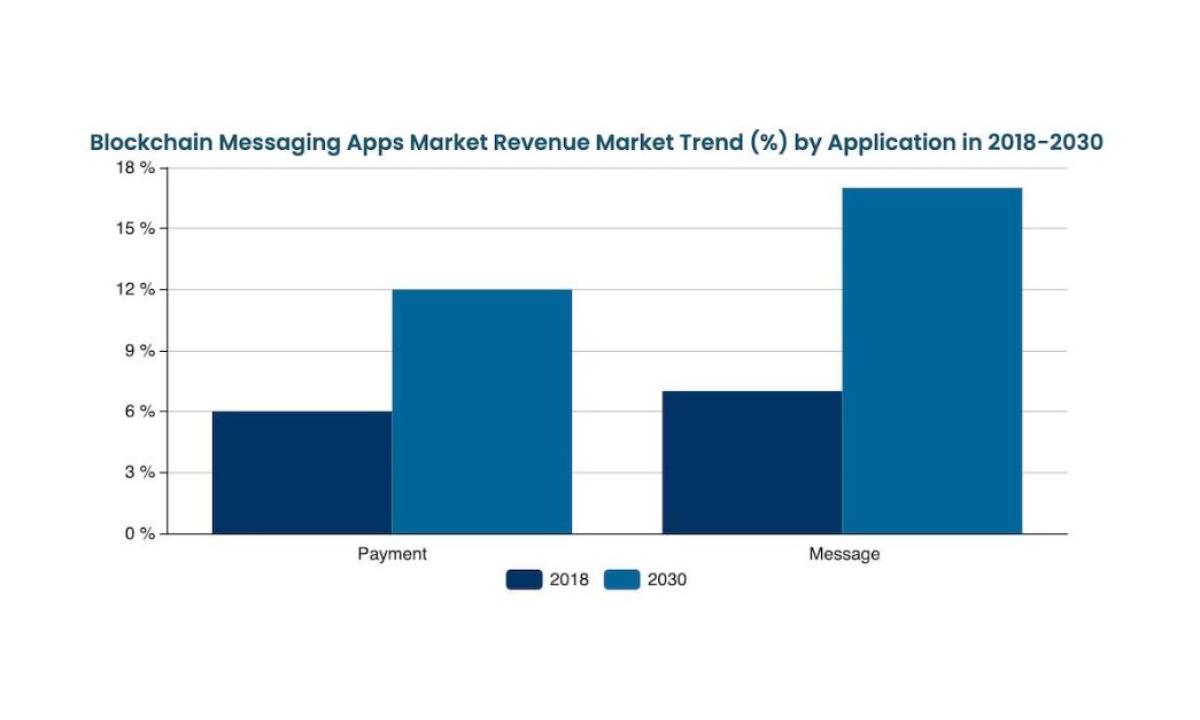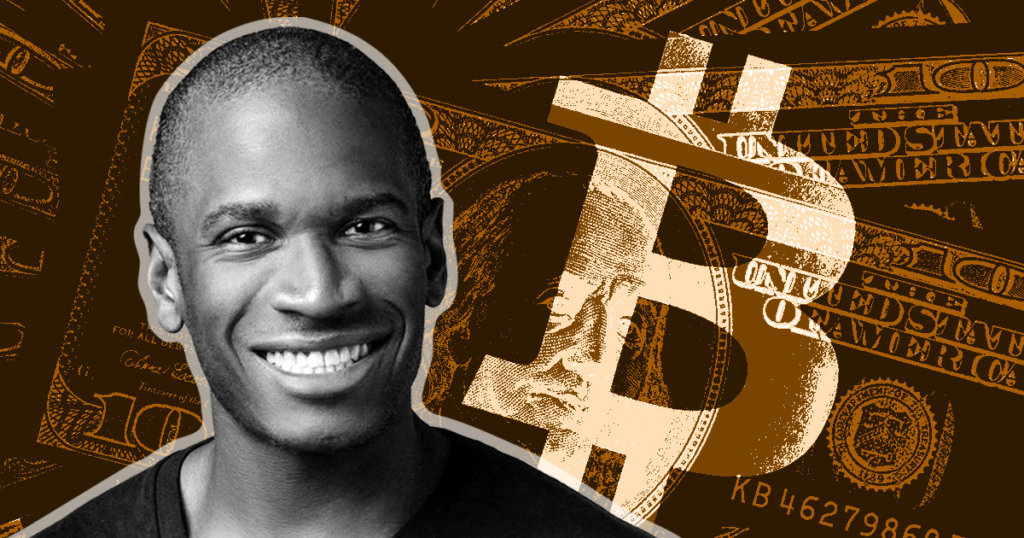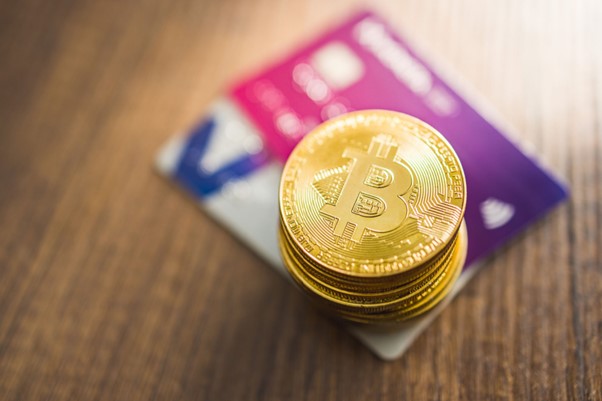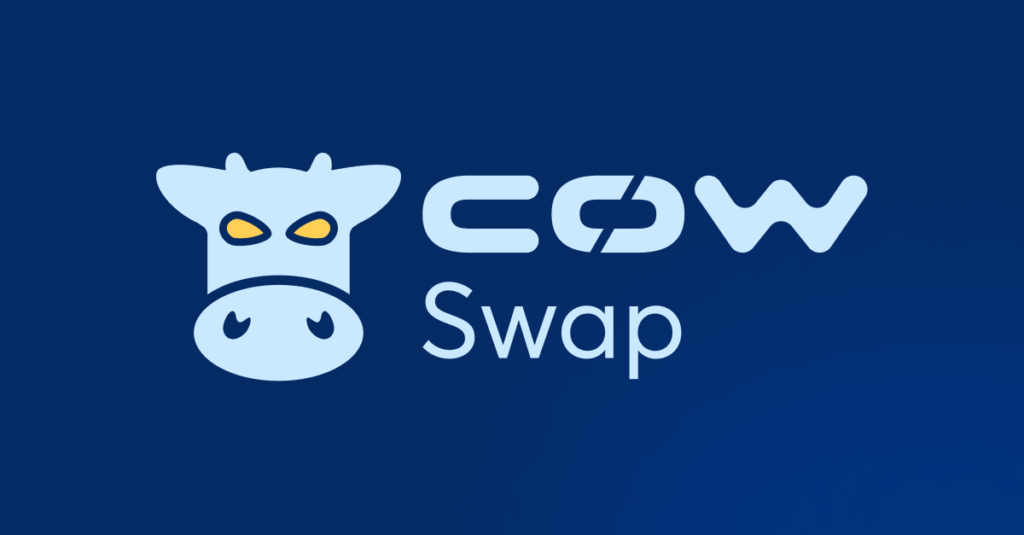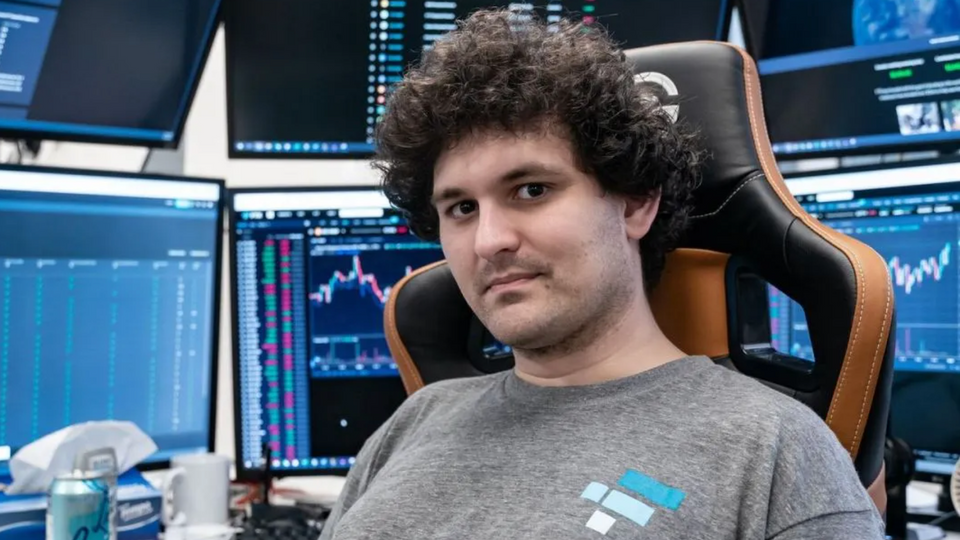Toronto, Canada, 15th February, 2023, Chainwire
Today China Telecom and Conflux Network announce a partnership to bring Blockchain SIM cards (BSIM) to market. The entry-level Web3 product will be the largest blockchain hardware product ever seen globally, involving the most users and applications. China Telecom will launch the first BSIM pilot program in Hong Kong later this year.
This will likely be followed by pilots in key mainland China locations such as Shanghai.
BSIM will dramatically lower the barrier to entry to Web3 for China Telecom’s 390+ million mobile phone subscribers, while making transactions faster and more secure. By making telecom users’ personal digital assets more secure, the goal is to make mobile phones more secure.
The BSIM card integrates Conflux’s Tree-graph, dual proof of stake and proof of work technology, enabling the highest system performance for any blockchain in the world. It uses the hardware security advantages of SIM cards to protect users’ private keys, which is a secure and convenient Web3 entry solution.
The BSIM Card is indistinguishable from a traditional SIM in appearance but the storage space is 10-20 times larger than the traditional SIM card, and the computing power is increased by tens of times. Users who switch to a BSIM card will be able to store digital assets safely, transfer their digital assets conveniently, and display their assets in a variety of applications.
The BSIM card will manage and store the user’s public and private keys in the card, and carry out digital signatures in a way that the private key does not exit the card. The BSIM card can also allow encrypted storage, key retrieval and other operations. The built-in Bluetooth module will be responsible for the signature and transfer of assets, to ensure the security of personal digital assets. This reduces the risk of the user being attacked by viruses and other malicious software on the mobile phone.
Users’ identifiers in the traditional world, such as mobile phone numbers, can be tied to their Decentralized Identifiers (DID). This will allow for better integration and interaction between virtual and real-world information. BSIM cards can also be combined with abstract accounts based on smart contracts, enabling blockchain applications to safely and efficiently use users’ crypto and traditional world information. Connecting DID with cell phone numbers may also alleviate some of the regulatory concerns stemming from the anonymity of the blockchain technology.
The initial agreement was signed in 2022 between Conflux Network and China Telecom and this prototype is the culmination of a strategic year-long engagement with the goal to build hardware products at the entrance to the world’s metaverse.
The research and development phase of BSIM card is now complete, and it has successfully connected with Conflux’s main network in the test environment. This prototype has the storage and sending functions of digital assets. Conflux and China Telecom will now focus on enriching the BSIM card’s ecological applications, with emphasis on games, payments and other fields.
Dr. Ming Wu, CTO of Conflux Network said “The BSIM card significantly improves the user experience and lowers the barriers to entry for Web3 and the Metaverse world for users. It is key to allowing Conflux to take its ecosystem to the next level. Collaborating with such a strong partner like China Telecom and initiating it from Hong Kong will allow us to enter the market in the near future, both in China and globally.”
Dr. Liang Wei, Deputy Director of Big Data and Artificial Intelligence Research Institute, China Academy of Telecommunication Research said “Blockchain-based digital identity lies in the core of future Web3.0, while blockchain-based digital assets are an important catalyst for the Metaverse. The BSIM card is positioned as the entrance infrastructure of the Metaverse, which provides differentiated functions such as telecom hardware security, intelligent digital wallet, as well as DID value-added services. Partnership with Conflux will accelerate the process of connecting Web2.0 and Web3.0 users in this most imaginative space.”
About Conflux Network
Conflux is a permissionless Layer 1 blockchain connecting decentralized economies across borders and protocols. Recently migrated to hybrid PoW/PoS consensus, Conflux provides a fast, secure, and scalable blockchain environment with zero congestion, low fees, and improved network security.
As the only regulatory-compliant public blockchain in China, Conflux provides a unique advantage for projects building and expanding into Asia. In the region, Conflux has collaborated with global brands and government entities on blockchain and metaverse initiatives, including the city of Shanghai, McDonald’s China, and Oreo.
To learn more about Conflux, visit confluxnetwork.org or China Telecom visit http://www.chinatelecom.com.cn/
Dr. Ming Wu, CTO of Conflux Network and Dr. Liang Wei, Deputy Director of Big Data and Artificial Intelligence Research Institute, China Academy of Telecommunication Research are available for interview.
Contact
Melissa
conflux@shift6studios.com

